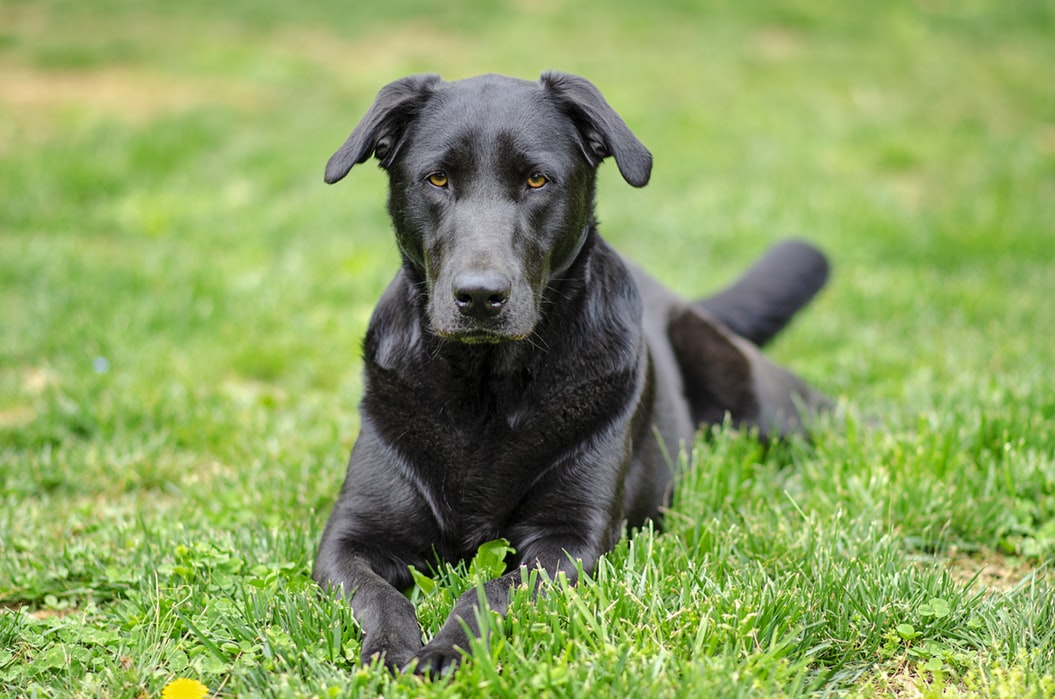
A charity in the United Kingdom and a team of scientists are working together to find out if dogs can detect the coronavirus.
Medical Detection Dogs and the London School of Hygiene and Tropical Medicine (LSHTM) and Durham University in northeast England have teamed up to study whether dogs could help in diagnosing coronavirus in humans using their sense of smell.
This is based on a previous research about the ability of canines to smell malaria. There is also a belief that each disease can evoke a particular odor.
The collaboration had started their preparations to train dogs in six weeks "to help provide a rapid, non-invasive diagnosis towards the tail end of the epidemic".
The charity is used to training dogs in detecting diseases like Parkinson's, cancer, and bacterial infections by smelling samples taken from patients.
Moreover, the animals can also notice slight changes in skin temperature, and they become an aid in terms of determining a fever in a person.
High accuracy
"In principle, we're sure that dogs could detect COVID-19," said Claire Guest, founder and chief executive of Medical Detection Dogs.
"We are now looking into how we can safely catch the odor of the virus from patients and present it to the dogs.
"The aim is that dogs will be able to screen anyone, including those who are asymptomatic, and tell us whether they need to be tested.
"This would be fast, effective and non-invasive and make sure the limited NHS (National Health Service) testing resources are only used where they are really needed."
According to the head of disease control at the LSHTM, dogs could sniff out malaria with "extremely high accuracy" and, as other respiratory diseases produced body odor, there was a "very high chance" it could work with coronavirus.
The dogs could be positions at airports at the end of the epidemic to quickly isolate people infected with the virus, helping curb the spread of the disease, Steve Lindsay from Durham University says.






